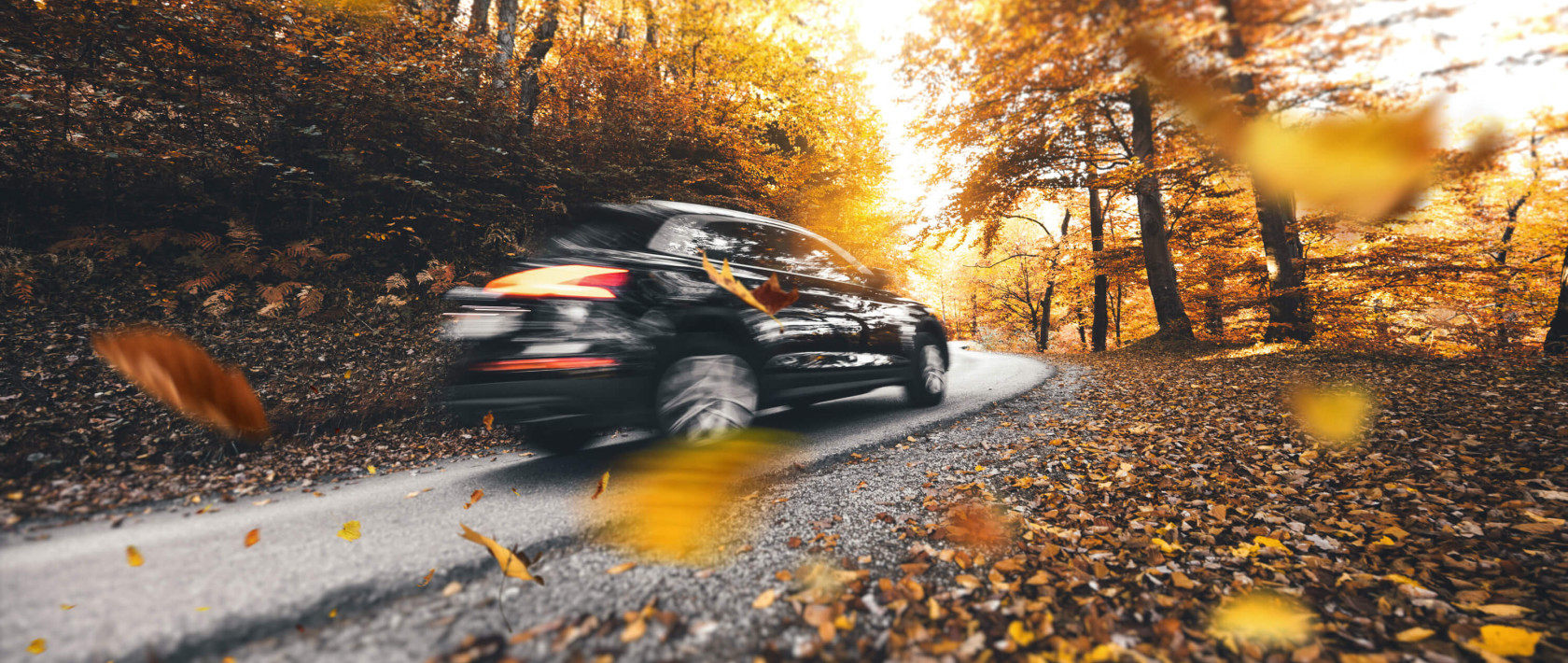
WESTFALIA-AUTOMOTIVE - MOVES LIFE!
Towbars I Wiring Kits I Bike Carriers I Vehicle Coding Solutions I Power Springs: OUR PRODUCTS CREATE TRUST!
Security and reliability: We offer more than 1700 vehicle-specifically types of towbars of highest precision for over 90 years.
In addition, you receive suitable wiring kits and coding-tools. The portfolio is rounded off with strong carrier systems for the towbar as well as power springs and accessories.
As part of the First Brands Group Westfalia-Automotive operates globally. Due to this, you benefit from a global network, comprehensive know-how and the latest technologies. Westfalia-Automotive makes your work easier and safer. With constant innovation, highest quality and economical solutions.
Searching for a towbar and/or a suitable bike rack?
Visit our store now to purchase!
We are sure we have the right models and further useful products for your needs.
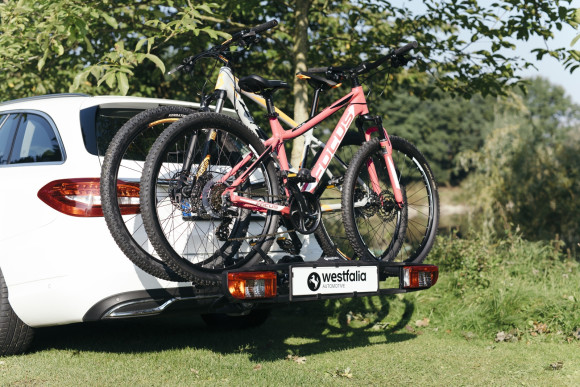
Leisure time, hobby, holiday ...
It all starts with the towbar and the right equipment.
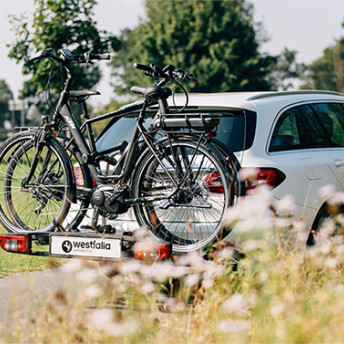
Start easier, experience more
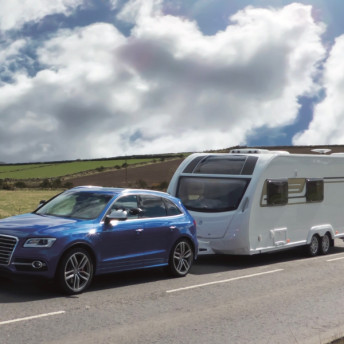
Take your caravan and enjoy your freedom
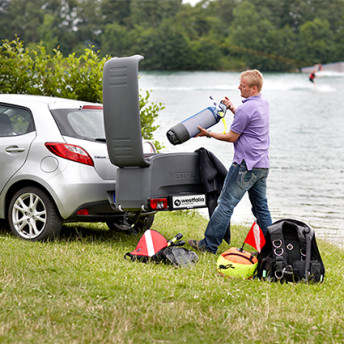
That's how your hobby starts right
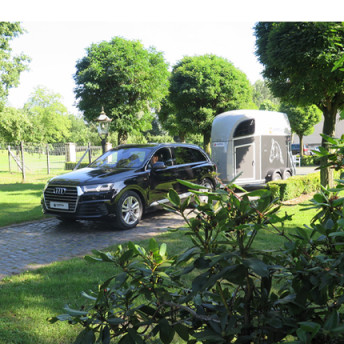
It all starts with a towbar

Start easier, experience more

Take your caravan and enjoy your freedom

That's how your hobby starts right

It all starts with a towbar
The original towbar inventor since 1932.
As the inventor of the towbar and other transport solutions Westfalia-Automotive combines tradition and innovation.
Therefore, our products have great appreciation and enduring confidence among motorists, workshops and in the automotive industry worldwide.
Westfalia-Automotive Towbars.
The good name of the Westfalia-Automotive brand has been shaped by its reputation for designing and manufacturing high-quality towbars, these are developed in close cooperation with the automotive industry.
Every towbar is engineered to precisely fit the individual vehicles towbar mounting points. This results in an absolutely perfect fit and quick and easy installation.
Take a look here at how a towbar is made.